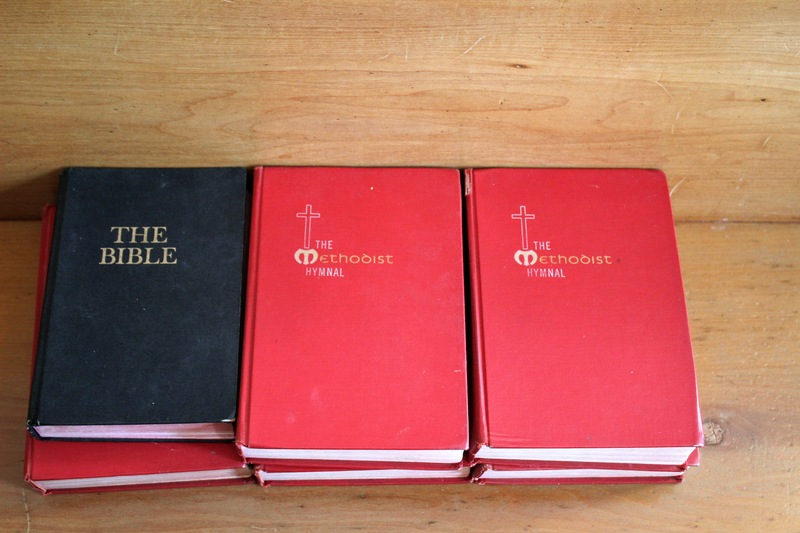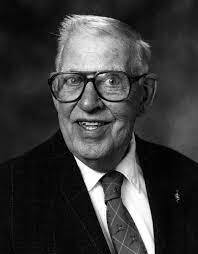Skip to main content
THE STORY
One day, I was scrolling through the folk music recordings housed in the West Virginia & Regional History Center at West Virginia University, curious to listen to some old, static-y, recordings of scratchy fiddles or high, warbly ballads. Browsing through the list of “performers”—hoping to see some names I recognized—I found one I knew personally.
Joy Camp. My grandma. And Helen and Reverend William (Bill) Camp. My great-grandparents.
I had stumbled upon the Kenneth L. Carvell Archive.
The Kenneth L. Carvell Archive is a collection of recordings made in churches around Monongalia County, West Virginia from ca. 1957-1961.
Who was Kenneth L. Carvell?
As Mr. Carvell reported to former director of the West Virginia & Regional History Center John Cuthbert:
"Growing up in a Congregational minister’s family in North Andover, Massachusetts, I became familiar with church music at an early age. As a youth I spent much time playing the piano or organ for church services. I was always particularly interested in the words, thought, and music of the older gospel hymns, those still included in the hymnals but no longer used by most congregations in the Northeast.
"After joining the West Virginia University Division of Forestry faculty in 1953, I was fascinated to learn that many of the older gospel hymns no longer used by urban congregations were still popular in rural congregations of Monongalia and Preston counties. Thus during the mid and late fifties I made frequent visits with my tape recorder to rural churches and hymn sings. The fact that I played the accordion, was familiar with many of these older tunes, and could occasionally teach them a gospel hymn, made me immediately accepted. I was never refused the opportunity to tape music , even by the most rural congregations. These churches were proud of their congregational singing and special music, and wanted to share their talents with others. Often after the service the minister would suggest another church of musical family that I should visit, and would offer to make the contact for me.
"I make no apology for the poor quality of some of the tapes. At the time these were made, tape recorders were relatively new; rural churches were not built with acoustics in mind; and electrical outlets were scarce and usually inconveniently located. I also had no idea, at the time, that others might be interested in my collection. Finally, rural congregations do not stress quietness, and much of the extraneous noise was unavoidable.
"In this collection are ballad-type hymns; original compositions; tunes somewhat altered from their traditional form; and newer gospel songs, popular on the radio at that time."
The Purpose of This Project
With my grandma's help, I have taken a deep dive into this archive, determined to learn the stories surrounding the recordings. She told me many stories about growing up playing music in the churches her father preached at and helped me understand what the Tri-District Sings were and what it was like to be at one. Together, we visited the churches where the Tri-District Sings were held and played the original recordings back into the spaces they were made in sixty years prior. I liked to imagine the buildings themselves remembered these voices, though they are now an echo of what they once were.
My goals for this exhibit are two-fold. First, I want this digital exhibit to make the Kenneth L. Carvell Archive easily accessible to the public–especially the churches that held the space to create these recordings in the first place. It is a celebration of the history of music making and community in Monongalia County, West Virginia. Second, on a personal level, this archive has given my grandma the opportunity to hear her parents’ voices in song again–and it’s given me the opportunity to hear them for the first time. I have spent many evenings sitting at my grandma’s kitchen counter listening to these recordings and stories about her father, Reverend Bill Camp, and her fondness of the old hymns and of people she grew up singing them with. It is my hope that the same thing will happen for other descendants of the folks included in these recordings.

